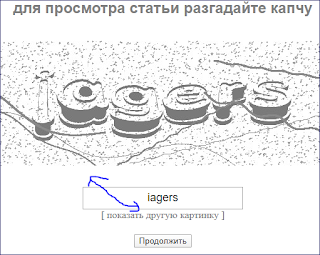Some organizations have stepped up for pwp who have lost socialization, and usually exercise programs and support groups. Even for those exercise programs that started up again, some pwp don't feel comfortable going out.
 |
| A sampling... |
Here are a selection of services that are available now:
PMD Alliance (that's Parkinson's and Movement Disorder Alliance) has been stellar at providing live and recorded on-line programs, providing on-line support, and even helping support group leaders move their groups on-line.
https://www.pmdalliance.org/events-2020-summary/ Their on-line events
https://www.pmdalliance.org/covid-19/ Overview of what they're doing
https://www.pmdalliance.org/enewsletter-subscribe/ Get on their email list**** (So worth it!)
APDA (American Parkinson Disease Association) has many live and recorded events, exercise, dance, music therapy and more.
https://www.apdaparkinson.org/article/covid-19-overview-for-pd-community/ Weekly events
https://www.apdaparkinson.org/e-news-sign-up/ Get on their email list
Davis Phinney Foundation (publishers of Every Victory Counts) have many current exercise links, events, including biking (Davis Phinney is pro bicyclist) and webinars:
https://davisphinneyfoundation.org/live-well-parkinsons-online/ Resources during pandemic
https://davisphinneyfoundation.org/pf/live-well-today-webinars/#upcoming Webinars
https://davisphinneyfoundation.org/webinars/ Get on their email list (bottom of page)
Michael J. Fox Foundation has their monthly webinars
https://www.michaeljfox.org/webinars Webinars
https://www.michaeljfox.org/ Get on their email list
Parkinson's Foundation has their webinars
https://www.parkinson.org/Living-with-Parkinsons/Resources-and-Support/PD-ExpertBriefings-Webinars Webinars
Ask your Rock Steady Boxing or other PD exercise program if they have a Zoom program. Ask your local support group, too. Contact information is at https://www.pmdalliance.org/resources/ I cannot say enough about how useful PMD Alliance has become to our community.
















